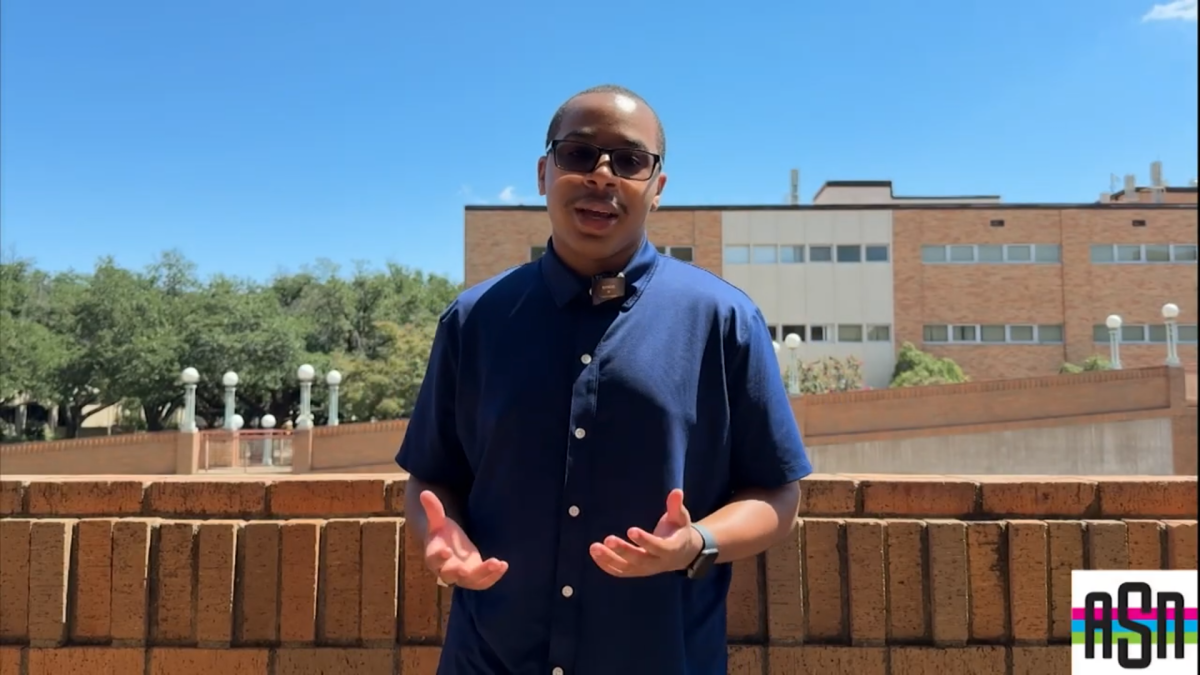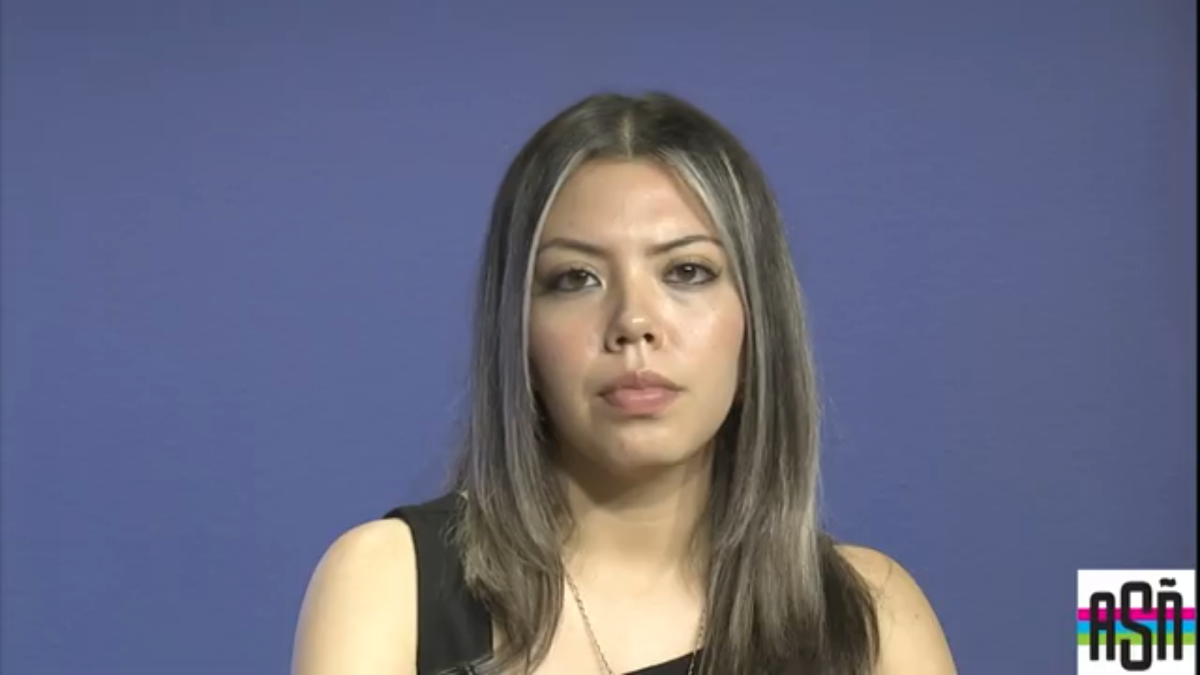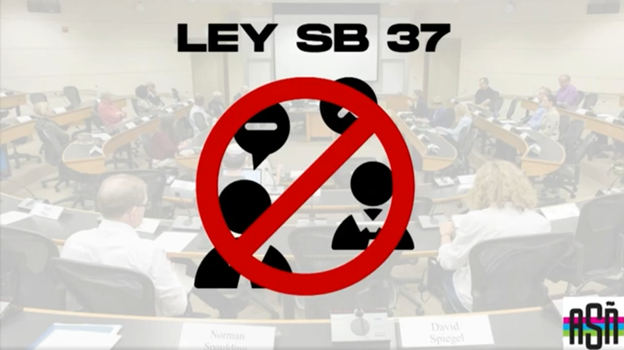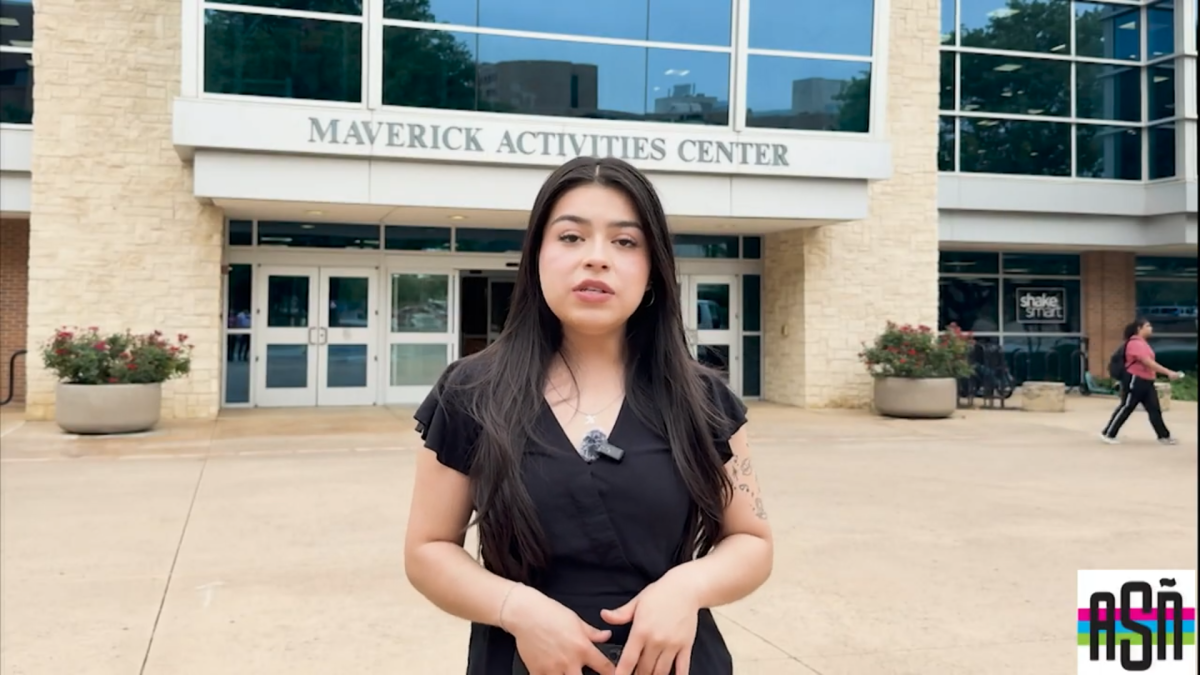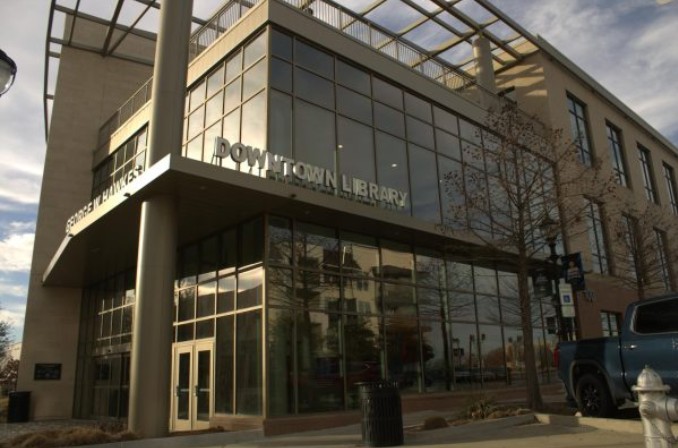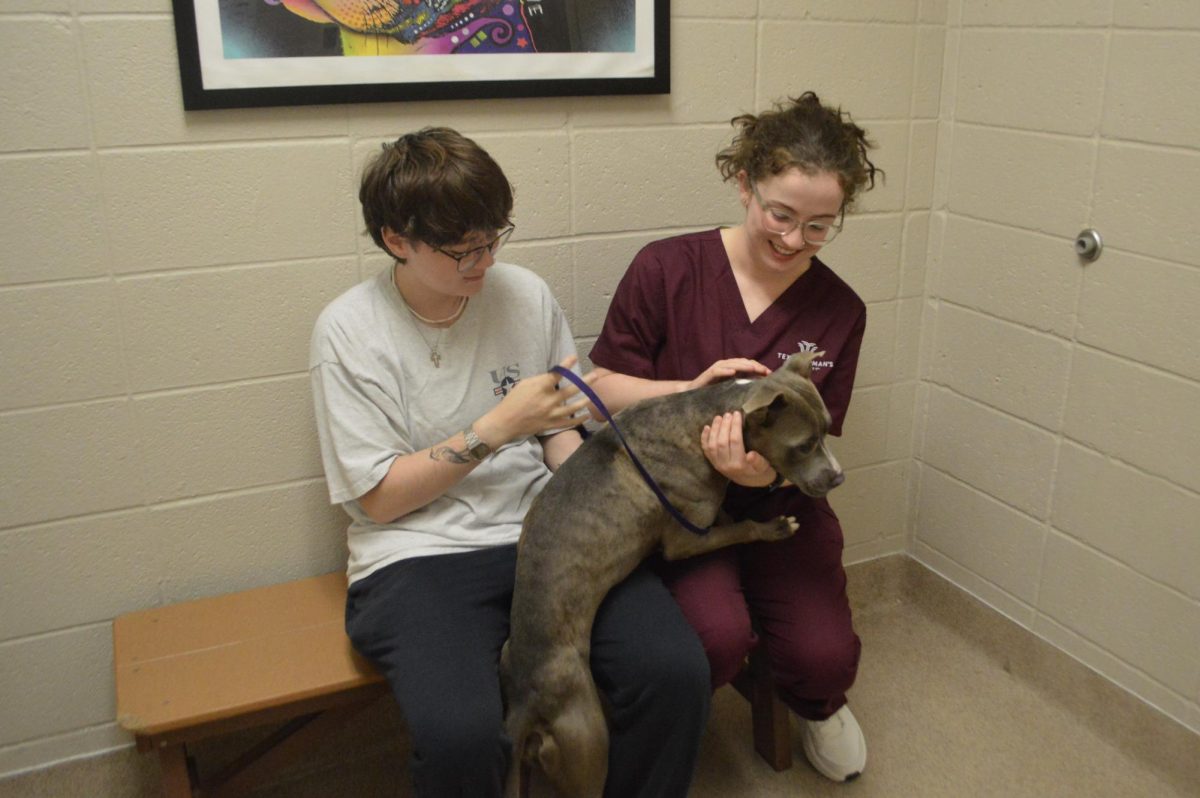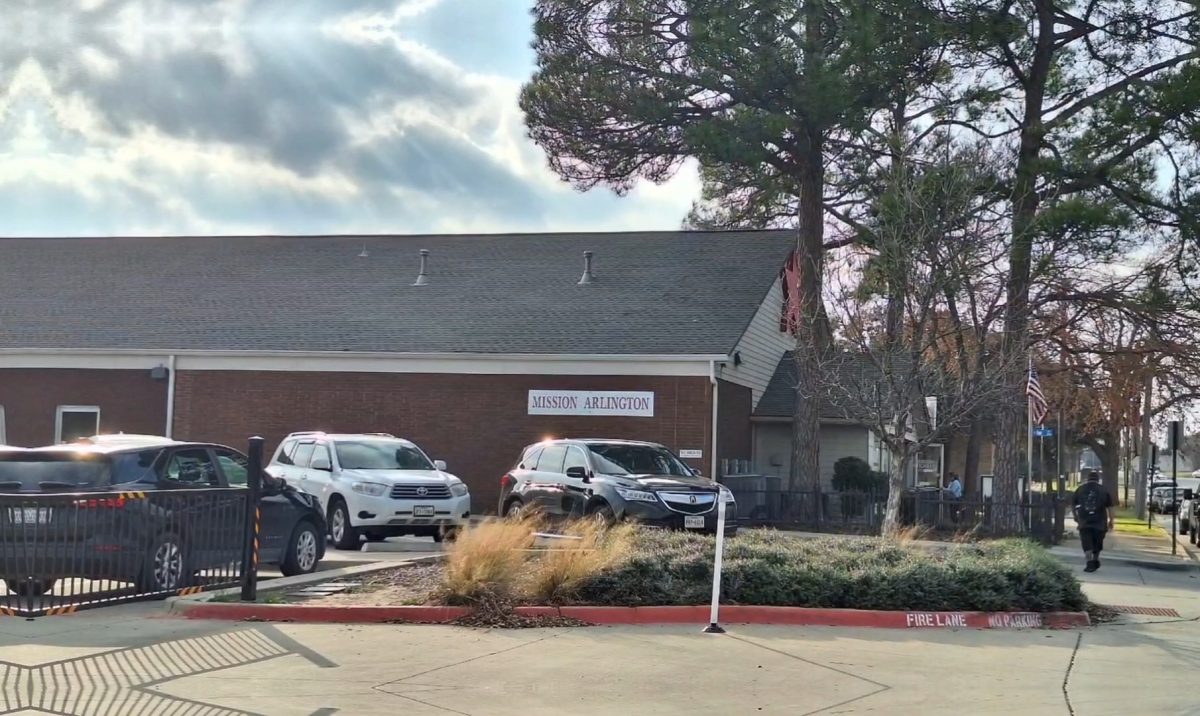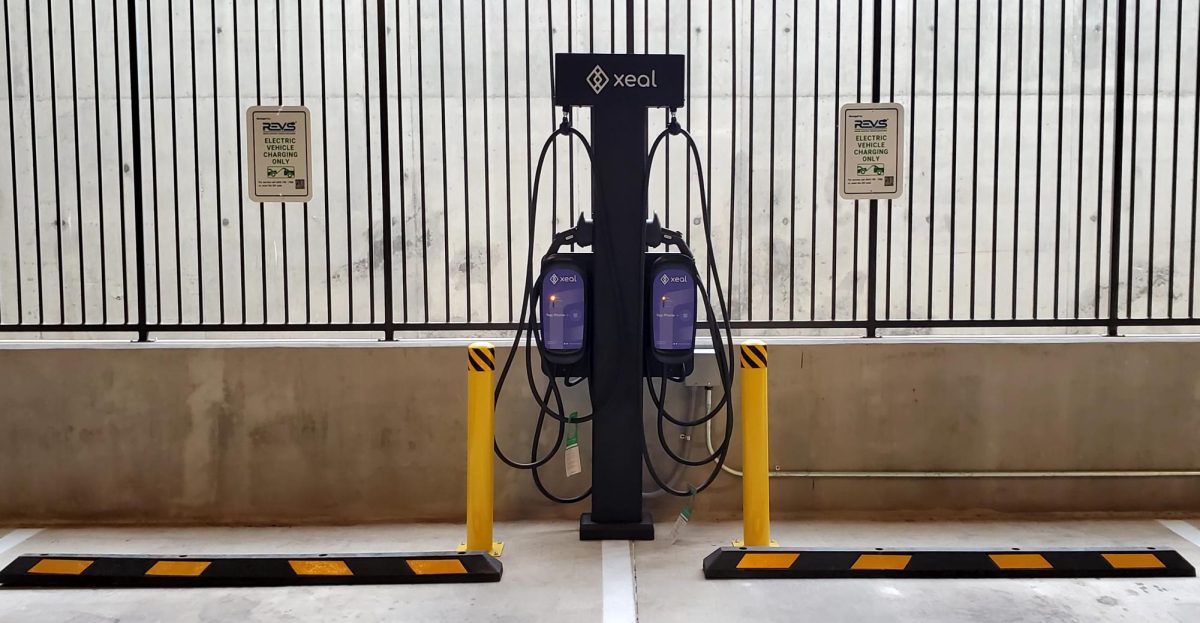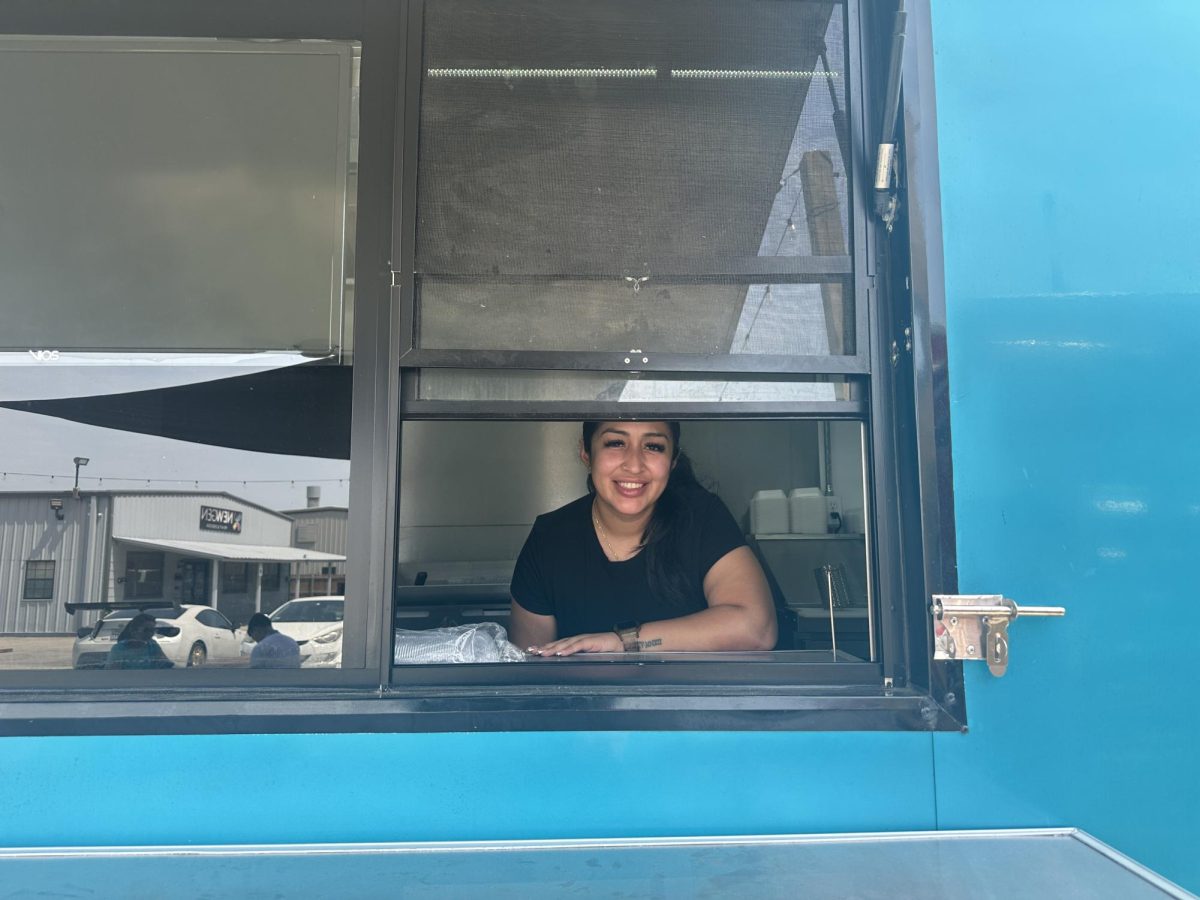ARLINGTON, Texas—The journey toward a more EV-friendly Texas has been a slow burn, but recent developments suggest a promising future.
With the introduction of federal funding, including the recent injection of $100 million into the Dallas-Fort Worth area, the momentum toward widespread EV adoption is palpable.
University of Texas at Arlington Chief Sustainability Officer Meghna Tare’s role encompasses overseeing sustainability operations on campus, ranging from transportation and recycling to energy efficiency and community engagement.
The university’s initiative to install EV chargers about five years ago was met with cautious optimism, Tare said. Initially, the demand was modest, so there was no justification for expansion. But as EV ownership has surged, so has the need for a stronger charging infrastructure.
“The EV market is changing,” she said. “More and more people are buying EV vehicles. I don’t see many students driving EVs, but that’s not to say in the next five years, that’s not going to change.”
The campus began with five chargers initially. One is located in a parking lot and the others are spread across two of the garages. Since its introduction, no new chargers have been added, so UTA has set its sights on expansion, guided by data-driven decisions and collaborative partnerships.
UTA isn’t solely looking to expand, though. With a federal grant the Texas Department of Transportation received, the state will also begin seeing improvements to the overall infrastructure.
Texas saw a 140% increase in EV car registrations from 2022 to 2023. Around the state, 3,571 chargers have been placed in different counties, with the majority being Level 2 chargers, which can charge a battery electric vehicle to 80% from empty in four to 10 hours.
Tare emphasized the broader implications of embracing EVs, citing benefits such as reduced carbon emissions, improved air quality and alignment with global efforts to combat climate change. She also dispelled common misconceptions about the environmental impact of EV batteries, highlighting that there are sustainable disposal practices for them.
“It’s not something that just ends up in trash, just like a computer,” Tare said. “There’s a proper collection system. The benefits of having an EV car outweigh that.”
As the market matures and technology advances, challenges such as charging infrastructure maintenance and consumer hesitancy will be addressed through market competition and public education efforts, Tare said.
Looking ahead, she said she remains optimistic about the future of EVs, envisioning a Texas where charging stations are as ubiquitous as gas stations and EVs become the norm rather than the exception.

